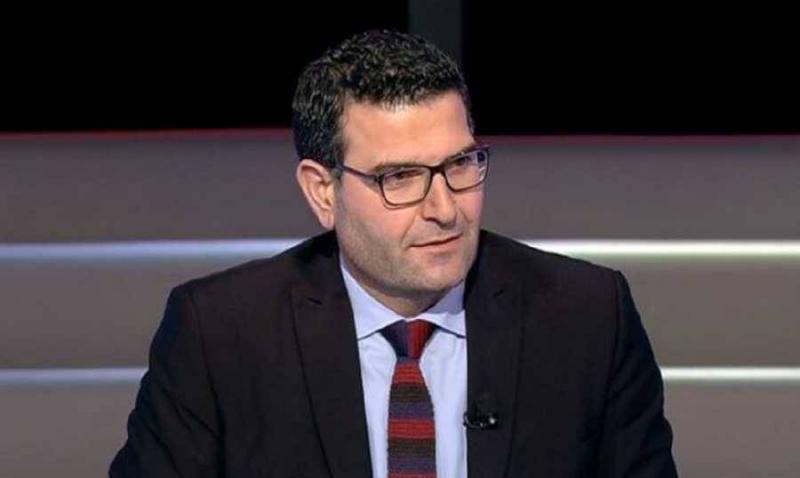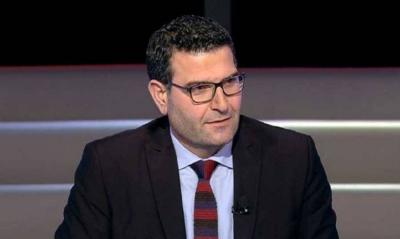The caretaker Minister of Agriculture, Abbas al-Haj Hassan, indicated that "the Israeli enemy aims to harm Lebanon and defeat it through agriculture. Firstly, it aims to burn crops and trees and damage the livestock sector to prevent farmers from utilizing their seasons and returning to their lands. Secondly, due to its security and military concerns, it seeks to eliminate the green cover to expose the resistance." In an interview with the Kuwaiti newspaper "Al-Rai," he explained that "the numbers are frightening, and the losses are not limited to material ones; there is also a moral loss, which is the most dangerous. The enemy targeting olive trees wants to uproot a symbol tied to the history of Lebanon and its southern peoples' attachment to their land and olives, intending to erase history, as it also did in Bethlehem by uprooting ancient olive trees connected to the site's history. Who can estimate the financial value of an olive tree over 250 years old that has lived through generations of people from this land?"
Al-Haj Hassan clarified that "until today, we do not know exactly what the impact of phosphorous bombs is on the soil. We have requested the FAO to send experts to Lebanon to examine the effects of white phosphorus on soil, fruits, crops, and groundwater. These toxins may cause long-term damages that have not yet been fully revealed." He confirmed that "today, amid ongoing clashes and repeated aggressions, we are unable to support farmers, but we are striving, as much as possible, to survey the affected areas and estimate losses to later align the figures with the agencies concerned with the survey, such as the South Lebanon Council and the international forces (UNIFIL), so that we can later devise a plan to assist the farmers."
He pointed out that "what we can confirm is our shout against the aggressor: You destroy and burn, but we will plant ten olive trees for every burnt one. We have signed an agreement to receive 250,000 olive saplings for free from the Arab League's ACSAD. We have also sought assistance from Turkey on the sidelines of the emergency Arab-Islamic summit held in Riyadh to reforest the forestry wealth and olive orchards."
He mentioned that "the government has put a contingency plan in place to confront the possibility of the war expanding and turning into a total aggression affecting all of Lebanon. The Ministry of Agriculture played a key role in this plan, which aimed first to help farmers remain steadfast on their land, as steadfastness itself is a victory and a challenge to the enemy." Regarding funding, al-Haj Hassan stated it would come from donor organizations and global entities like the FAO, the World Food Programme, and UNDP.
He emphasized that "agriculture is the cornerstone of food security, and thus it is essential to focus on what protects agriculture and its products. Initially, we needed to secure safe spaces that allow agricultural interests in the southern region to continue operating to ensure the continuity of public services. We also had to find centers for storing basic food items like wheat, flour, and grains in case the port is bombed. To prepare for a potential complete blockade, we needed to conduct a comprehensive study to determine if local animal, agricultural, and plant production is sufficient for the market. We tried to estimate, for example, dairy and cheese production to assess if it was adequate and how long it could last. We have put a plan in place for exporting what can be exported and leaving the remaining stock for the local market. We also studied whether to close the export gate and keep all the stock for domestic consumption. Furthermore, the Ministry of Agriculture has devised a plan for the evacuation of the ministry and its employees to ensure their safety and continued performance of duties from another location."




